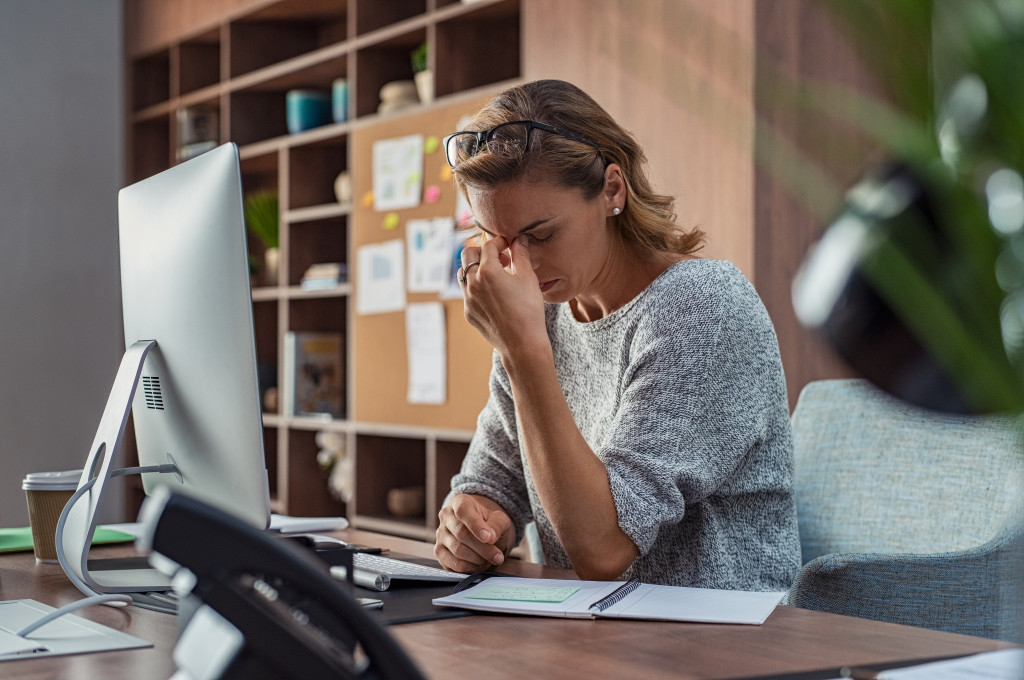Simple Daily Habits to Reduce Anxiety
Anxiety is a typical mental health issue people face, but small changes in your daily routine may help bring a sense of calm and balance. The good news is, effective strategies don’t need to be complicated. Below are a few simple and practical habits to build into your day:
Try Mindfulness Meditation
Taking 10 minutes to practice mindfulness meditation can help focus your mind and ease tension. Sitting in a quiet space, close your eyes, and focus on your breath. When your thoughts wander, gently guide them back. It’s natural for the mind to drift, so don’t judge yourself for it. Over time, developing a daily meditation routine may boost your ability to stay present during the day.
Practice Breathing Exercises
When anxiety builds up, grounding yourself through deep breathing can be incredibly soothing. Inhale deeply through your nose for four counts, hold your breath for four counts, and exhale slowly through your mouth for six counts. Repeat this cycle for a few minutes. These exercises are easy to do anywhere, whether it’s during a lunch break or before a big meeting. Controlled breathing not only calms the mind but also helps regulate the body’s stress response, reducing tension. Over time, consistent practice can improve overall resilience and foster a sense of balance in everyday life.
Prioritize Sleep
Quality sleep has a significant impact on your mental balance. Aim for 7-9 hours each night and make sleep a non-negotiable part of your routine. Develop a relaxing bedtime ritual, such as reading a book, dimming the lights, or enjoying a warm cup of herbal tea. Avoid screen time at least an hour before bed, as blue light from devices interferes with melatonin production, making it harder to rest.
Get Regular Exercise
Moving your body can work wonders for anxiety. Activities like walking, stretching, yoga, or a quick dance session release endorphins, which are known as the “feel-good” hormones. Try to dedicate 30 minutes to movement each day. It doesn’t have to be intense. The idea is to stay active in a way that makes you feel refreshed and energized.
Regular movement can also improve your sleep quality, helping your body and mind recharge overnight. Additionally, exercise can serve as a healthy distraction, redirecting your focus away from stressors and giving you a sense of accomplishment. Find activities you enjoy and make them a part of your daily routine.
Limit Social Media
Scrolling through social media may seem like an easy way to relax, but too much exposure often increases stress and comparison. Try setting boundaries around screen time. For instance, decide on specific times of the day to check notifications or implement “phone-free” time before bed. Switch off intrusive notifications to create a more peaceful digital space.
Ask a Counselor About Controlling Anxiety
It’s not about overhauling your life overnight. Starting small and experimenting with one or two habits is a good way to begin. The key is finding what works best for you and making it part of your everyday routine. You have the ability to create an environment that supports calmness and keeps anxious feelings in check. There are steps to take toward a better balance, and small, consistent actions can make a big difference over time. Contact a counseling service for more information on daily practices to reduce anxiety.
- Things Every Visitor Should Arrange Before Flying to Australia
- Know How Payment Tokenization Supports Cross-Border Payments Securely
- Bali Travel Essentials: Visa, Currency, SIM, Local Etiquette, And Safety
- Mistakes Parents Make When Selecting Baby Diapers and How to Avoid Them
- Exploring Your Options for Used Vehicle Financing in Today’s Market






